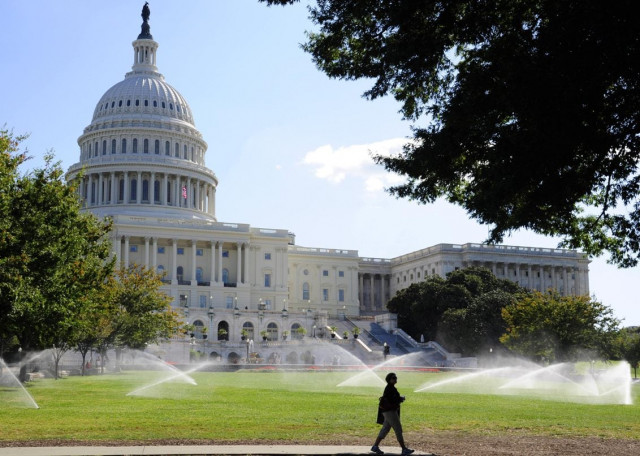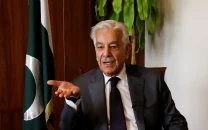Analysis: What will Washington do next?
Both allies showing no indication of having done any calculation about how and when they intend to cap their hostility

From the American side, it is the first time since the start of the war on terror that Washington has gone beyond accusing Islamabad of not doing more.
(Read: With us or against us? A decade on, Pakistan is wavering)
This time around, the White House, State Department and Pentagon seem to be acting in unison when pointing a finger at Pakistan for supporting the Haqqani network and the country’s Inter Services Intelligence of conspiring with the Taliban to attack the US Embassy in Kabul.
Similarly, it seems to have brought the political and military stakeholders in Pakistan closer and elicited a joint response from them on the American attitude and hostility. Both allies seem to be playing a zero-sum game with no indication of either side having done any serious calculation about how and when they intend to cap their hostility. There is no disclosure about Washington sharing concrete evidence with Islamabad regarding the ISI-Haqqani network collusion in the Kabul attack, despite General Ahmed Shuja Pasha’s recent visits to the US or American generals’ tours of Pakistan. But clearly there seems to be a consensus in Washington about ratcheting up the pressure on Pakistan for the latter to agree to fight Sirajuddin Haqqani and his allies who are seen as a major problem for Nato forces, especially in the wake of the diminishing powers of al Qaeda. However, it is not clear as to what Washington will do next in terms of teaching Pakistan a lesson. Several analysts have talked about several options including a surgical strike in Pakistan a la May 2nd or increasing drone strikes – even extending these beyond agreed upon lines in North Waziristan. The risk with all of this is that the GHQ may feel itself pressured to respond.
Pakistan’s strategy, thus far, seems to be based on two trajectories: convince the US to negotiate with the Taliban and project the anti-US public opinion as the main hindrance against any policy changes that may look like accommodating Washington. This also means that General Ashfaq Parvez Kayani and his team may not have left much room to themselves to manoeuvre out of a tight corner but to respond to any possible intensity in conflict by American forces. Will a Pakistani reaction result in a higher-counteroffensive by Washington? Or, will there be economic sanctions against Pakistan that are bound to exacerbate the problems that the country already faces? Though one hears echoes of building up relations with China even further, there doesn’t appear to be any surety whether Beijing will agree to totally replace the US or gradually turn Pakistan into something similar to Burma, Cambodia and other Asian allies?
Extremely unnerving is the showboating between the US and Pakistan through the media which has heated up the atmosphere to a point where withdrawal could become difficult. Perhaps stepping back has already become an issue — given the fact that non-state actors are also party to the conflict. One possibility is for the US to include Pakistan directly in the Afghanistan endgame, giving it responsibility to control all sorts of non-state actors which may not be a simple task in itself.
(Read: After the endgame)
But what is clear is that this heightened tension indicates a risky game for the two countries to maximise their gains in determining not only Afghanistan’s future but also the share in the spoils of either state. Irrespective of what is finally decided, the current tension has a heavy cost in terms of setting the tenor of Pakistan’s society.
Published in The Express Tribune, September 26th, 2011.


















COMMENTS
Comments are moderated and generally will be posted if they are on-topic and not abusive.
For more information, please see our Comments FAQ